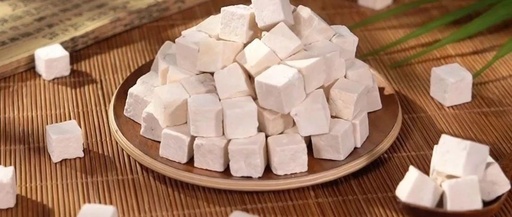Do you often experience cold pain in your stomach, cold hands and feet, or diarrhea after eating cold foods? This may be due to a deficiency of cold in the spleen and stomach! Traditional Chinese Medicine (TCM) believes that the spleen and stomach are the foundation of postnatal health and the source of qi and blood production. A deficiency of cold in the spleen and stomach can lead to indigestion, decreased immunity, and even affect overall health. Don’t worry, today I will recommend several “star TCM ingredients” that can help strengthen the spleen and stomach, along with simple dietary therapy to easily cultivate a healthy spleen and stomach!
1. Typical Symptoms of Spleen and Stomach Cold Deficiency
Cold pain in the stomach: Dull pain in the stomach after consuming cold drinks or exposure to cold, which can be relieved by applying heat.
Indigestion: Poor appetite, abdominal bloating, and easy diarrhea with loose stools.
Cold extremities: Cold hands and feet, especially noticeable in winter.
Tongue and pulse diagnosis: Pale, swollen tongue with teeth marks, white and slippery tongue coating; pulse is deep, thin, and weak.
Note: If the above symptoms persist for a long time, it is advisable to consult a TCM practitioner for diagnosis and treatment.
2. Four Major Star Ingredients for Strengthening the Spleen and Stomach
1. Fu Ling (Poria): The “all-rounder” for strengthening the spleen and eliminating dampness
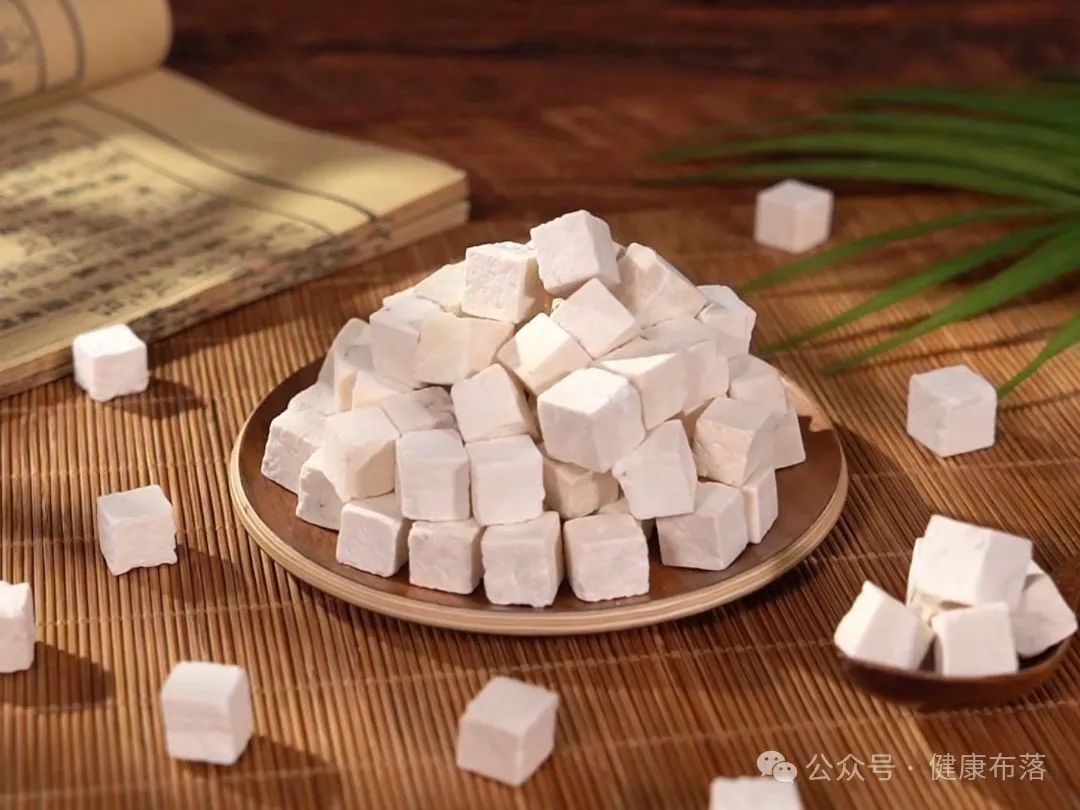
Effects: Promotes urination and drains dampness, strengthens the spleen and calms the mind, suitable for those with spleen and stomach cold deficiency accompanied by heavy dampness (e.g., thick and greasy tongue coating, sticky stools).
Recommended methods of consumption:
Fu Ling and Shan Yao (Chinese Yam) Congee: Fu Ling 15g + Shan Yao 30g + Rice 50g, cook into congee.
Fu Ling and Chen Pi (Dried Tangerine Peel) Tea: Fu Ling 10g + Chen Pi 5g, steep in boiling water as a tea substitute.
2. Bai Zhu (Atractylodes): The “guardian of the spleen and stomach” for tonifying qi and strengthening the spleen
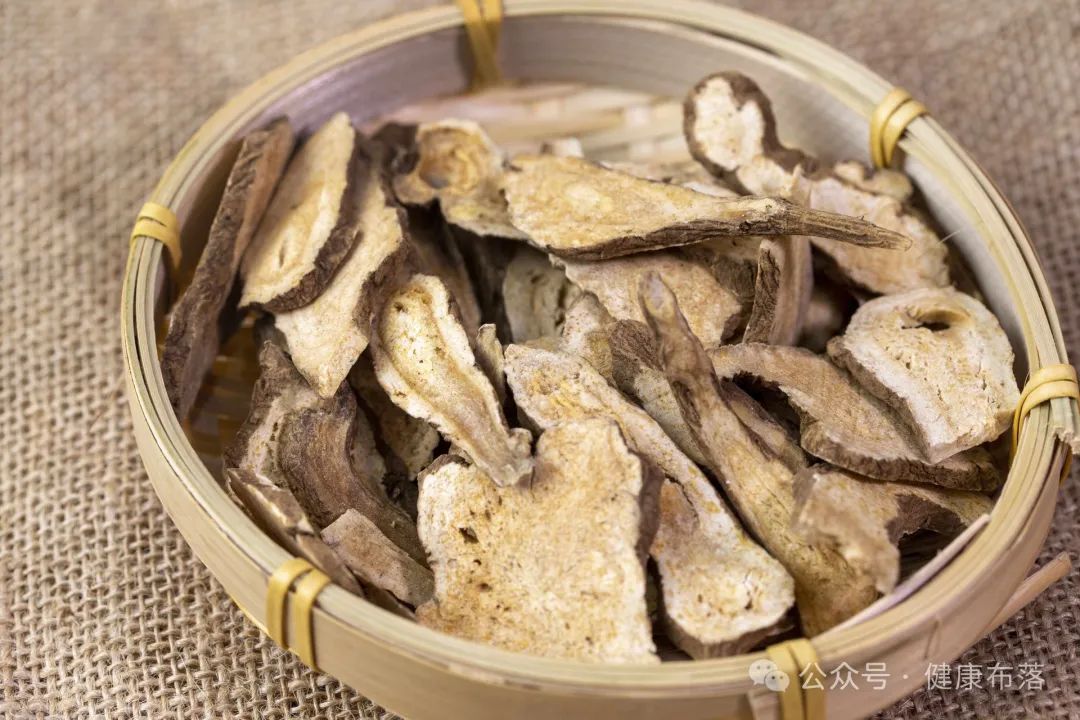
Effects: Tonifies qi and strengthens the spleen, dries dampness and promotes urination, specifically targeting fatigue and poor appetite caused by spleen and stomach weakness.
Recommended methods of consumption:
Bai Zhu and Pig Stomach Soup: Bai Zhu 15g + 1 Pig Stomach + 3 slices of Ginger, simmer for 1 hour, to warm the middle and tonify deficiency.
Bai Zhu and Red Date Tea: Bai Zhu 10g + 5 Red Dates, boil in water for drinking, suitable for those with insufficient qi and blood.
3. Chen Pi: The “golden partner” for regulating qi and harmonizing the middle
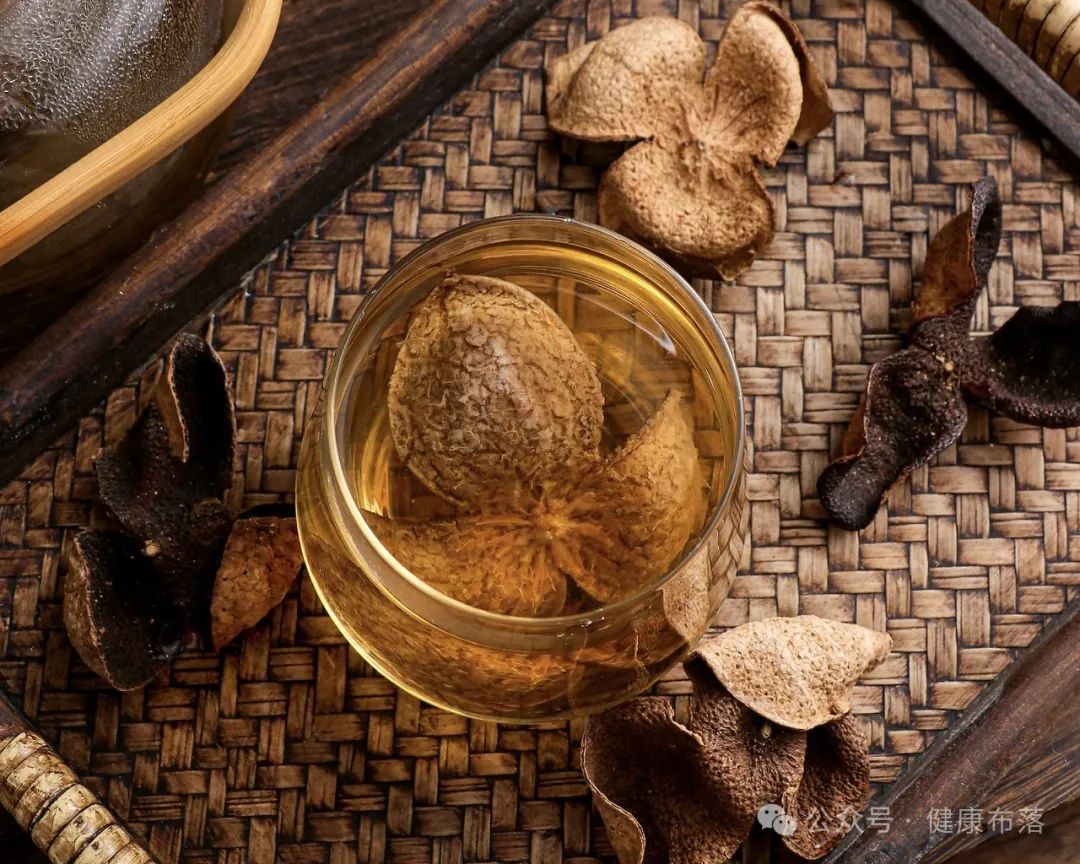
Effects: Regulates qi, strengthens the spleen, dries dampness, and transforms phlegm, alleviating symptoms of abdominal bloating and belching.
Tip: The older the Chen Pi, the better; avoid using fresh orange peel as a substitute!
Recommended methods of consumption:
Chen Pi, Ginger, and Red Date Tea: Chen Pi 5g + 3 slices of Ginger + 3 Red Dates, to dispel cold and warm the stomach.
Chen Pi and Millet Congee: Chen Pi 5g + 50g Millet, cook into congee to aid digestion.
4. Gan Jiang (Dried Ginger): The “firepower” for dispelling cold and warming the stomach
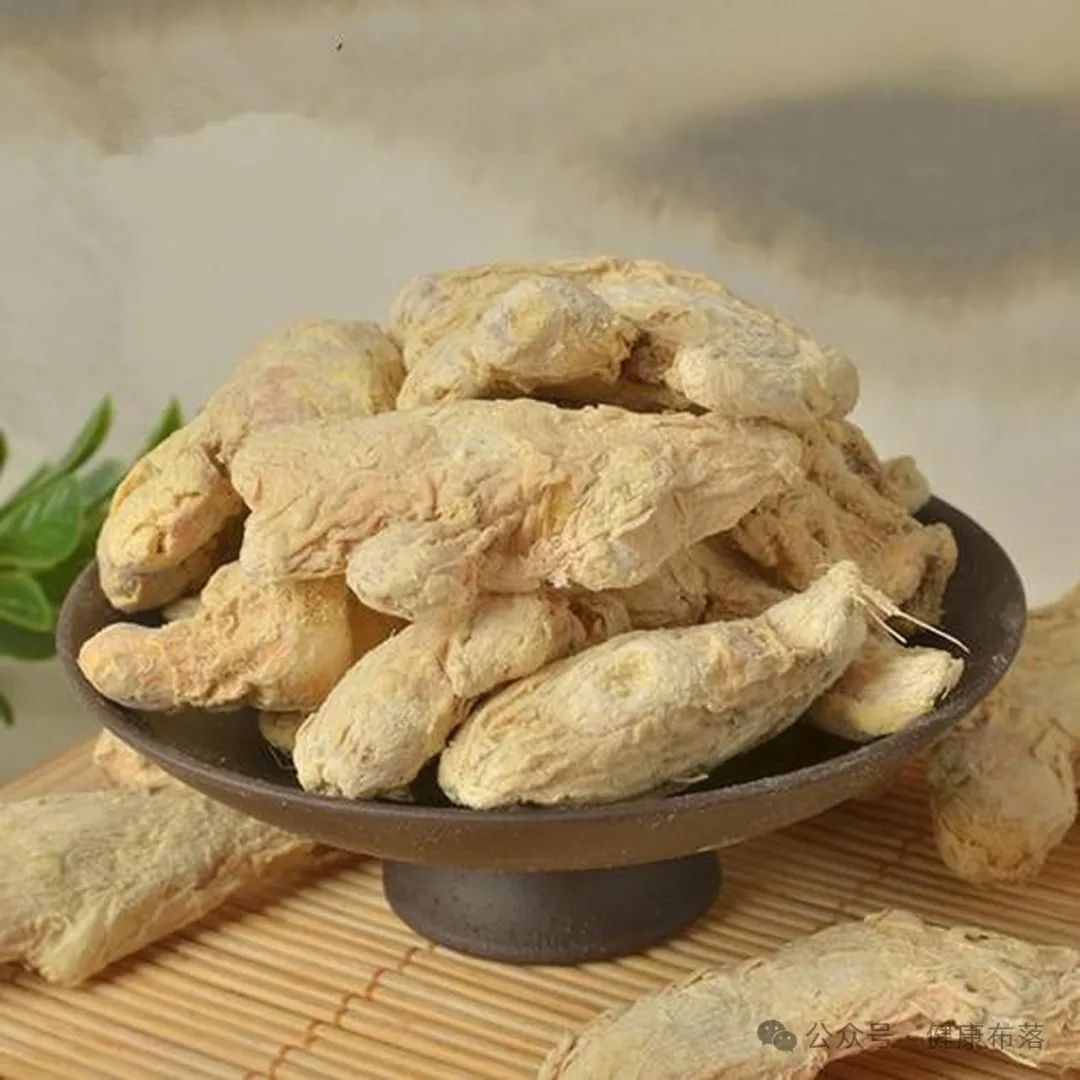
Effects: Warms the middle, disperses cold, and restores yang, specifically treating cold pain in the stomach and cold extremities.
Note: Those with yin deficiency and excess heat (e.g., dry mouth, constipation) should use with caution!
Recommended methods of consumption:
Gan Jiang and Brown Sugar Water: Gan Jiang 3g + Brown Sugar 10g, steep in boiling water to relieve cold stomach pain.
Ginger, Red Date, and Longan Tea: Gan Jiang 2g + 5 Red Dates + 5 Longans, to nourish blood and warm the body.
3. Advanced Conditioning Plan
1. Recommended Classic Formulas
Li Zhong Wan (contains Ren Shen (Ginseng), Gan Jiang (Dried Ginger), Bai Zhu (Atractylodes), Gan Cao (Licorice)): Warms the middle and disperses cold, suitable for severe cases of spleen and stomach cold deficiency (requires physician guidance).
Shen Ling Bai Zhu San (contains Lian Zi (Lotus Seed), Sha Ren (Amomum Fruit), Jie Geng (Platycodon Root), etc.): Strengthens the spleen and benefits qi, while also eliminating dampness.
2. Daily Conditioning Tips
Avoid list: Cold drinks, raw and cold fruits (e.g., watermelon, pear), greasy and spicy foods.
Moxibustion points: Zhong Wan point, Zu San Li point, perform moxibustion 2-3 times a week to enhance spleen and stomach function.
4. Precautions
Dosage of herbs: Each person’s constitution is different, it is recommended to start with a small dosage (e.g., Fu Ling 5-10g).
Avoid long-term single herb use: Continuous use of the same herb should not exceed 2 weeks, and can be rotated.
Special populations should use with caution: Pregnant women, children, and patients with chronic diseases should use under physician guidance.
Conclusion
Strengthening the spleen and stomach requires persistence! In addition to dietary therapy, it is also important to maintain a regular diet and avoid staying up late. If symptoms do not improve over time, it is advisable to seek medical attention promptly, in conjunction with TCM decoctions or acupuncture treatment. Share this with friends who often complain about “stomach discomfort” to help protect their spleen and stomach health together!

